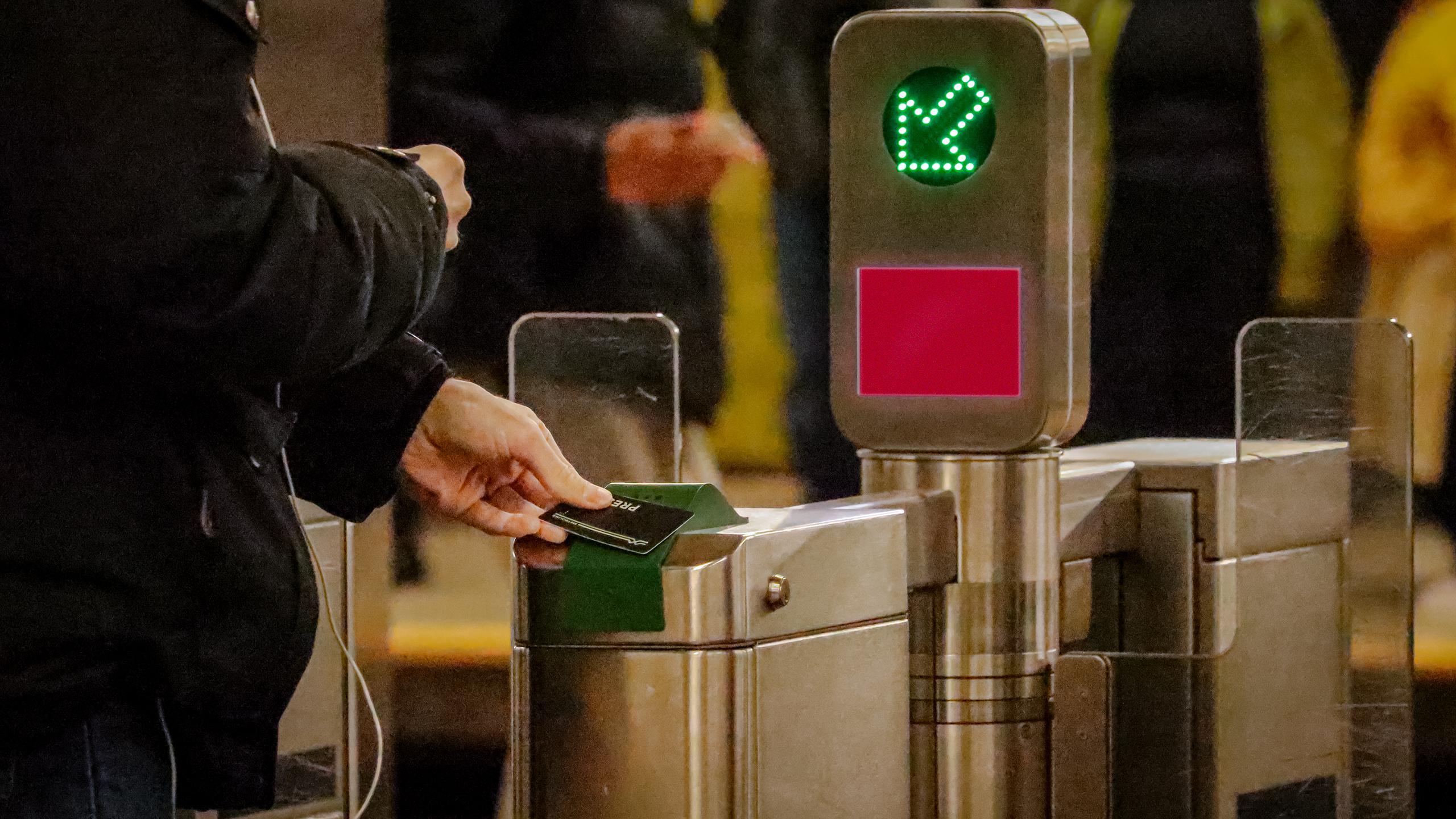By Hafsa Hanif
Some Toronto Metropolitan University (TMU) students may be impacted by the Toronto Transit Commission’s (TTC) upcoming plans to raise fares for adults and youth. These new measures are a part of the TTC’s 2023 operating budget, which was announced on Jan. 9, 2023.
The TTC plans to increase its fare by 10 cents for youth and adults starting in April, while keeping monthly passes at their current price.
The budget also includes a return to “pre-covid standards,” increasing crowding limits and some service with longer wait times.
Some TMU students are wary about the TTC’s new plans, especially given the increased use of public transit with the full return to campus.
Giobannie Santos, a third-year nursing student, expressed concern about how this would affect low-income people’s ability to reach the whole city affordably.
“People rely on the TTC. Depending on their income and the different things that they spend money on… it can be an added burden for some people,” said Santos. “Even as a student, it adds up.”
In the 2021 budget, the TTC proposed freezing fares due to the ongoing COVID-19 pandemic.
Murtaza Haider, a data science and real estate management professor at TMU with expertise in transportation, said the TTC needs income caused by the loss of revenue in recent years.
“The rapid and drastic decline in transit ridership since the onset of the pandemic meant that fare revenue has shrunk considerably whereas operating costs have not,” said Haider, in a written statement to The Eyeopener.
“People rely on the TTC. Depending on their income and the different things that they spend money on… it can be an added burden for some people”
The TTC said in the budget, a multi-year funding strategy will address their “mid-term systemic revenue shortfall.”
While the 10 cent increase would have a small financial impact on many commuters, low-income commuters like seniors and students will find the fare increase troubling, said Haider.
Abudallah Safi, a second-year computer engineering student, is unsatisfied with another fare increase, considering he has a short commute from Union station.
“The price of what I pay by Presto card is about three and a half dollars,” he said. “So increasing that by a further 10 cents seems excessive since [the fare] is pretty expensive for my ride from Union station to Dundas station.”
The TTC did not respond in time for comment.
August Pantitlán Puranauth, a student leader part of TTC Riders, a transit advocacy group, said the 10 cent fare hike will be ineffective.
“This increase will only raise $16 million [for the TTC]… but if you consider the entire TTC shortfall which is $366 million it’s a very small amount,” said Puranauth. “The biggest issue on riders’ minds is not putting more policing in the [transit] system but more service.”
Puranauth added the increase will affect those that can’t afford it as well as TMU students who commute to and from the city daily because of a lack of affordable housing.
According to the budget, the funds will be invested into system safety, cleanliness, accessibility and to compete with the significant increase in diesel prices.










Leave a Reply